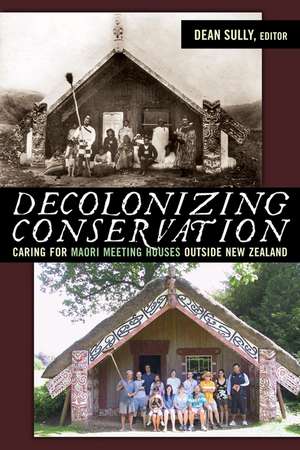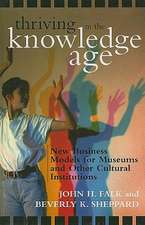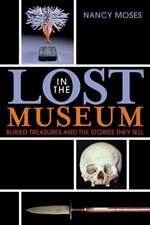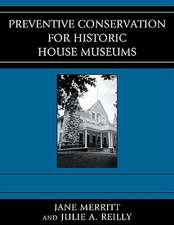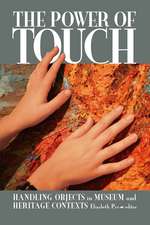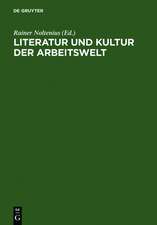Decolonizing Conservation: Caring for Maori Meeting Houses outside New Zealand: UCL Institute of Archaeology Critical Cultural Heritage Series
Editat de Dean Sullyen Limba Engleză Paperback – 15 feb 2008
Preț: 340.60 lei
Nou
Puncte Express: 511
Preț estimativ în valută:
65.18€ • 67.66$ • 54.35£
65.18€ • 67.66$ • 54.35£
Carte tipărită la comandă
Livrare economică 24 martie-07 aprilie
Preluare comenzi: 021 569.72.76
Specificații
ISBN-13: 9781598743104
ISBN-10: 1598743104
Pagini: 272
Ilustrații: 40
Dimensiuni: 152 x 229 x 13 mm
Greutate: 0.36 kg
Ediția:1
Editura: Taylor & Francis
Colecția Routledge
Seria UCL Institute of Archaeology Critical Cultural Heritage Series
Locul publicării:Oxford, United Kingdom
ISBN-10: 1598743104
Pagini: 272
Ilustrații: 40
Dimensiuni: 152 x 229 x 13 mm
Greutate: 0.36 kg
Ediția:1
Editura: Taylor & Francis
Colecția Routledge
Seria UCL Institute of Archaeology Critical Cultural Heritage Series
Locul publicării:Oxford, United Kingdom
Cuprins
Part 1 Setting the Scene; chapter0 Introduction, Dean Sully; Chapter 1 Colonising and Conservation, Dean Sully; Part 2 A View from Aotearoa; Chapter 2 The Protection of Taonga and Mäori Heritage in Aotearoa (New Zealand), Arapata Hakiwai; Chapter 3 Conserving Living Taonga: The Concept of Continuity, Gamini Wijesuriya; Chapter 4 Marae Conservation in Aotearoa, James Schuster, Dean Whiting; Part 3 Conserving Expatriate Meeting Houses; Chapter 5 Ruatepupuke II, the Field Museum, Chicago: The Past and Possible Future, John Edward Terrell, Désirée CJ Wisse, Christopher J Philipp; Chapter 6 The Care of Living Objects: Conserving Rauru and te Wharepuni a Maui in Germany, Eva Garbutt-; Part 4 Hinemihi; Chapter 7 Introductionducing Hinemihi, Dean Sully, Alan Gallop; Chapter 8 The National Trust and Hinemihi at Clandon Park, Julie DeLong Lawlor, Katy Lithgow; Chapter 9 Hinemihi and the London Mäori Community, Karl Burrows; Poem: So Who Invited Tu?, Rosanna Raymond; Chapter 10 Hinemihi and Ngäti (Tribe) Hinemihi, James Schuster; Chapter 11 Hinemihi’s Return: A Legal Opinion, Kathryn Last; Chapter 12 Conserving Hinemihi at Clandon Park, UK, Dean Sully, Isabel Pombo Cardoso; Part 5 Conclusions; Chapter 13 Decolonising Hinemihi and Conservation Practice, Dean Sully;
Descriere
This book challenges the commodification of sacred objects and places by western conservation thought by examining conservation activities at Maori marae—meeting houses—located in the US, Germany, and England, contrasted with changes in marae conservation in New Zealand.
